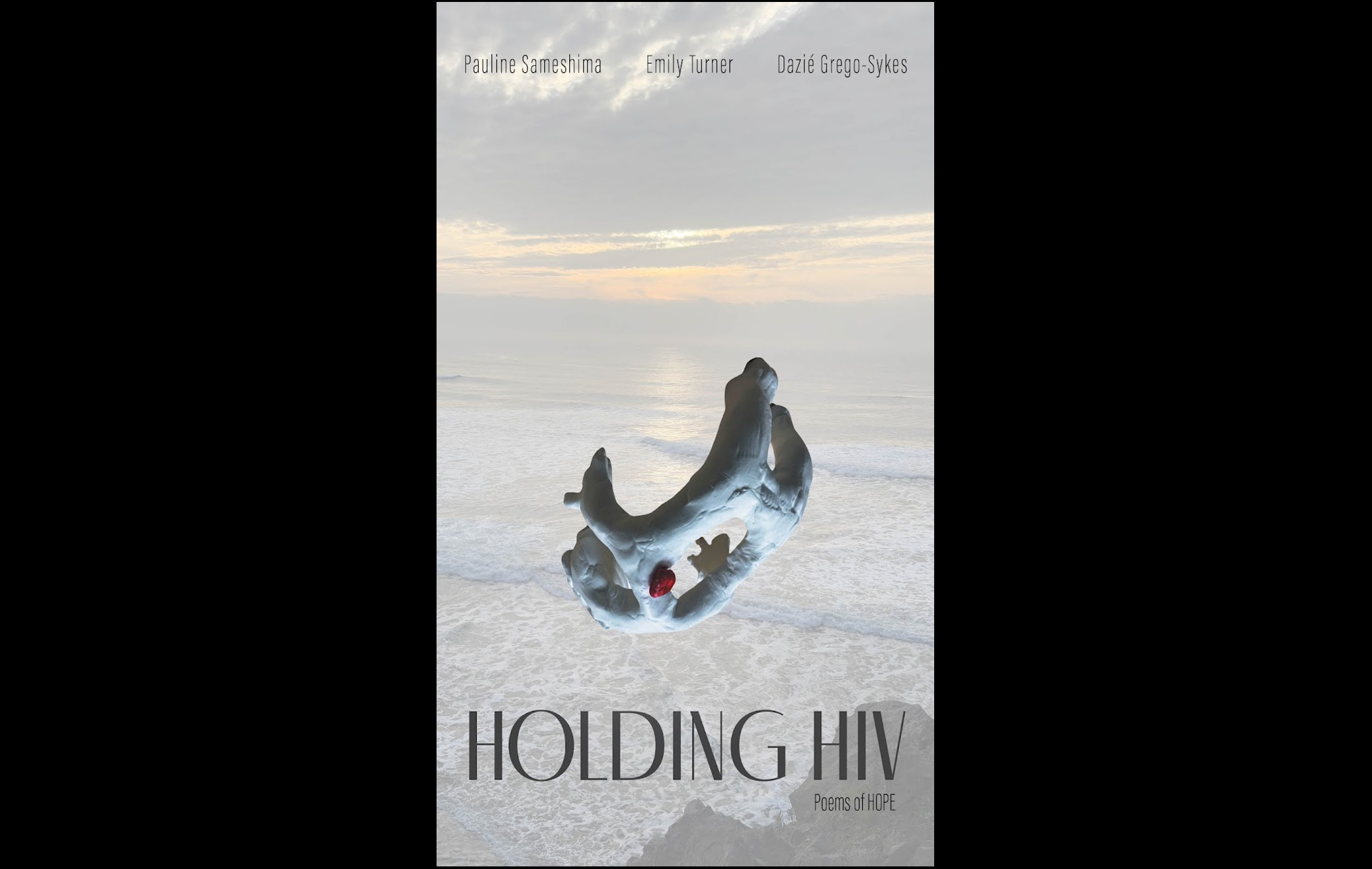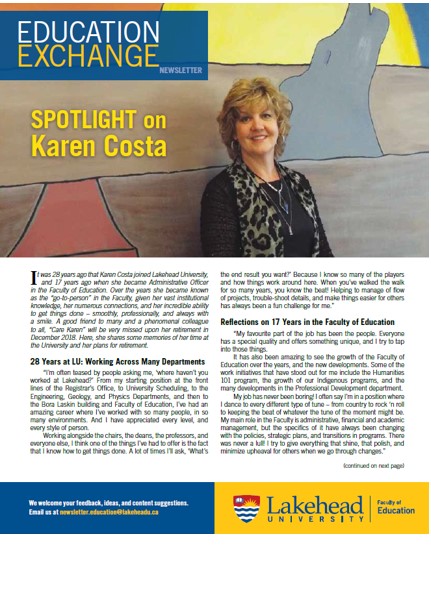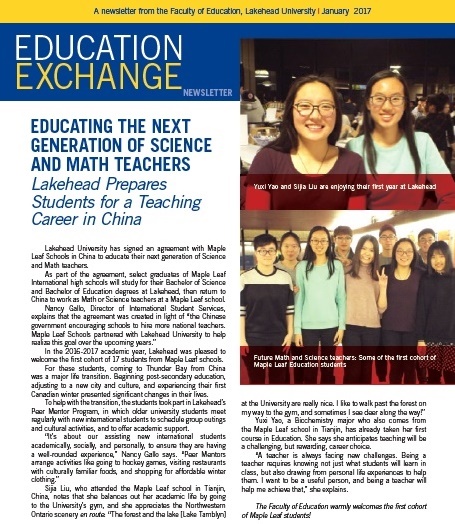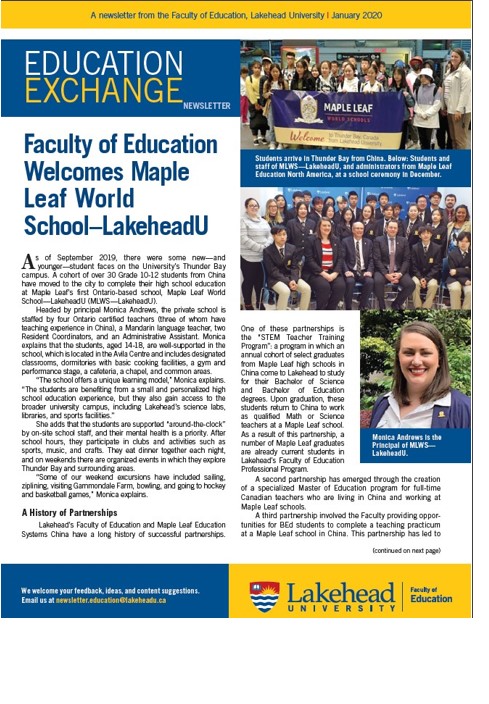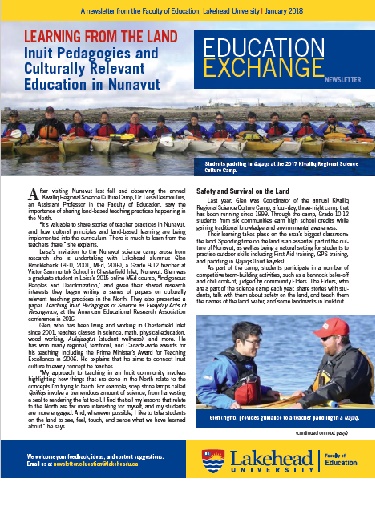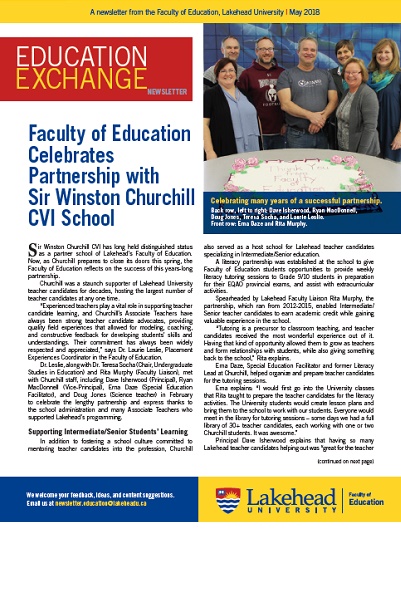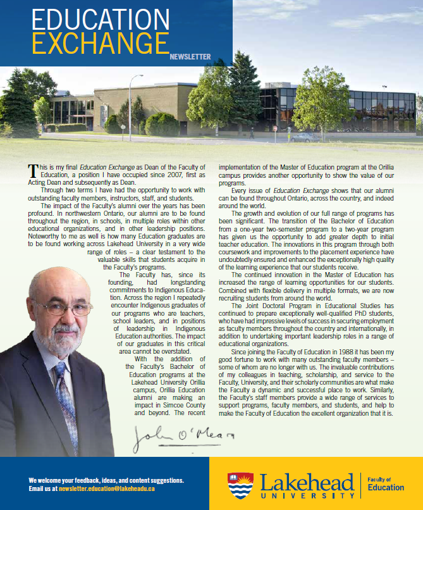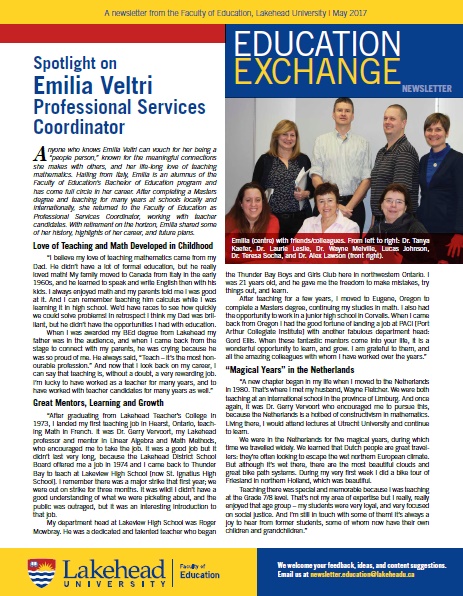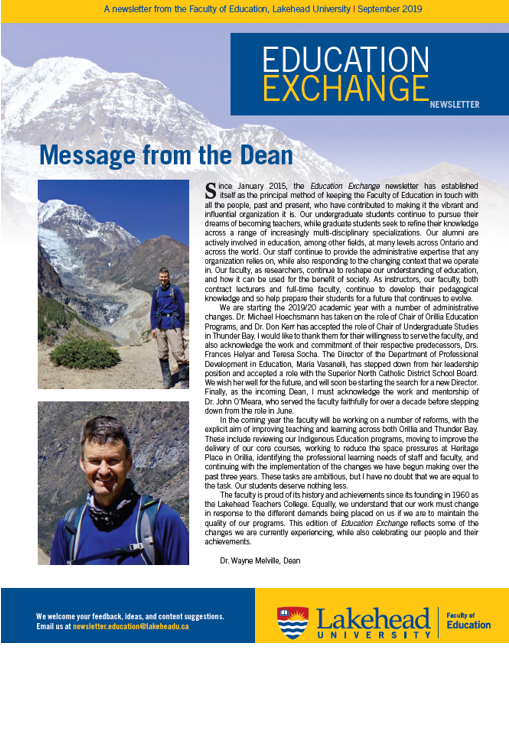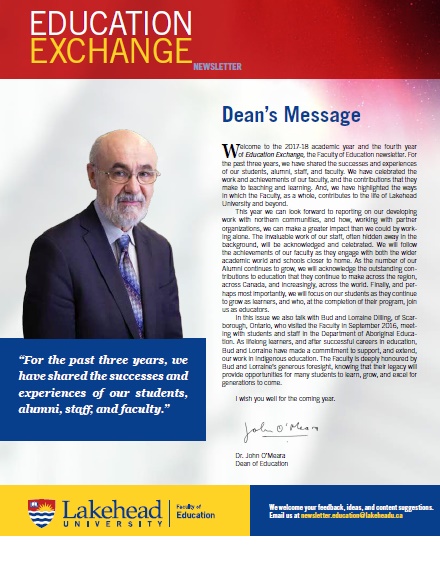Holding HIV: Poems of HOPE Amplifies Voices through Art and HIV Cure Research
Holding HIV: Poems of HOPE is a newly published poetry collection featuring the voices of 27 San Francisco community members living with or affected by HIV.
Authored by Dr. Pauline Sameshima (Professor, Faculty of Education), Emily Turner (Master of Education student), and Dazié Grego-Sykes (California-based poet, performer, and multidisciplinary artist), the collection places lived experience at the centre of HIV cure research.
The poems draw inspiration from the words, reflections, and artistic responses of focus group participants and members of the HOPE (HIV Obstruction by Programmed Epigenetics) Community Arts Integrated Research program. Participants were invited to sculpt clay “holders” in response to the Block-Lock-Stop strategy—an epigenetic approach aimed at permanently inactivating HIV. During the creative process, they reflected on two guiding questions: “What excites you about an HIV cure?” and “What are your fears regarding an HIV cure?”
In a review published in the February 2026 issue of The Walleye magazine, co-author Emily Turner described the collaborative creative process:
“We’d pore over the transcripts from those focus groups … and we’d play with different wording. [The poetry emerged from] all this mixing of our interpretations and our understanding of what the participants were vocalizing.”
The conversations were transformed into poetry enfolding multiple themes and emotions. One reviewer described the collection as “a tapestry of words woven together by emotion, fear, hope, loss, love, grief, and resilience—the experiences of a generation,” while another noted the poems “carry the collective heartbeat of those affected by HIV, deeply rooted in hope and resilience.”
A public book launch will be held on February 24 at 7:00 p.m. at Entershine Bookshop in Thunder Bay, with additional events scheduled during Lakehead University’s Research and Innovation Week (February 23–27).
